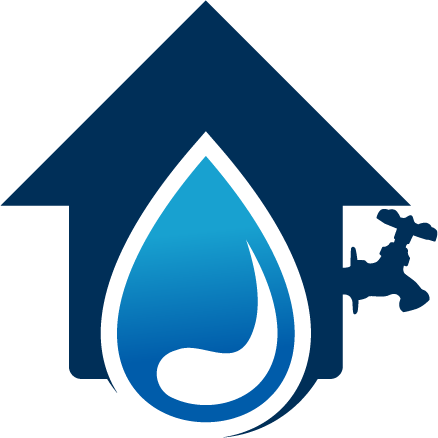Which is the Right Hot Water System for My Home?
Water heating uses 15-27% of energy in Australian homes, and there has been a move towards energy-efficient hot water units with lower energy consumption. Water heaters are among the most hardworking appliances in households, especially during winter's chilly mornings. They last between 7-15 years on average, but you should not be anxious about replacements because there are many selections in the market.
Conventional Water Heater
Conventional hot water systems are the most common water heaters in Australian households. They feature a storage tank that holds the water to be heated, and it is insulated to keep the water warm. You should calculate your household's hot water needs carefully to get the right tank capacity.
Homeowners like the conventional water heater because it is affordable and easy to install. They are energy inefficient, however, as they are always consuming power to keep the water warm. You will also need a large space for the reservoir.
Heat Pump
Heat pump hot water systems use 30% of the conventional system's energy. They are ideal if you want something more energy-efficient—the heater functions by extracting heat from the air and transferring it to the water.
Heat pumps are quite expensive to buy and install, but cheaper to operate. You can also expect to save on your power bills if you have been using a conventional system. The major drawback, however, is that the compressor can be as loud as an air conditioner.
Tankless Water Heater
The tankless water heater is growing in demand because it comes without a tank. It features coils that get flaming hot when filled with water, and you will get hot water instantly. Tankless systems can heat a lot of water efficiently, which makes them ideal for large families.
The hot water units can either run on electricity or gas. The heaters come in various sizes, and you may need to upgrade your home's electrical capacity if you want to use a large tankless water heater.
Solar Water Heater
Water heating ranks as the largest source of greenhouse emissions from Australian households. You can use renewable sources to reduce your carbon footprint and save energy costs. Solar water heaters trap energy from the sun using solar panels fitted on the roof. The energy then flows through a closed-loop system that features a conductive material that heats the water. You will, however, need gas or electricity as backup plans for cloudy and winter days.
Reach out to a professional who provides hot water services to learn more.

